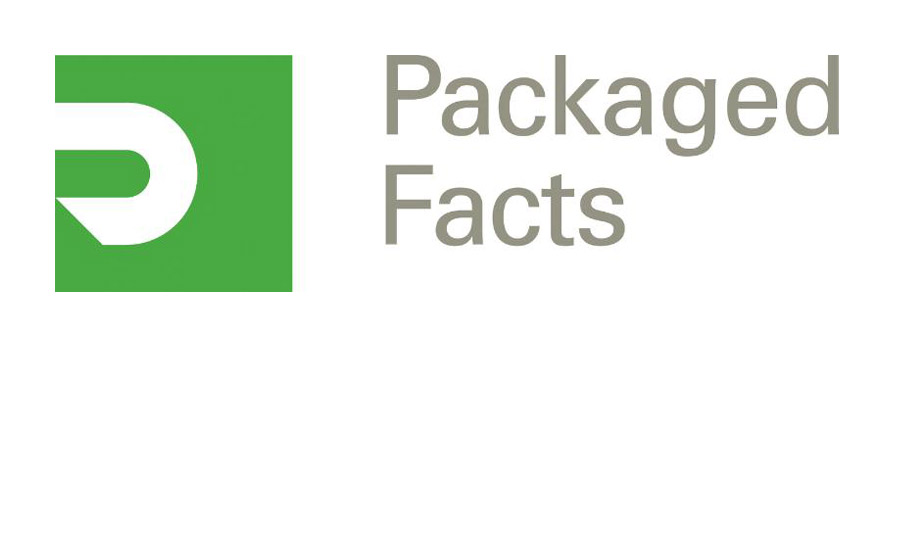Recent findings by market research firm Packaged Facts in the report Breakfast: Retail Market Trends and Opportunities in the US reveal that more than half of US households (60%) use waffle/pancake mix. Likewise, just under half (48%) opt for frozen varieties of waffles, pancakes, and French toast.
Ten years ago, household use of pancake/waffle mix was as high as 64%. Reliance on these affordable mixes rose further during the recession. Inevitably, there has been a modest decline as the economy has recovered. This reflects the trend towards a return to home cooking and reduced price sensitivity generating movement toward premium package goods and dining out. In addition, Americans watching their diets are 7% less likely to use pancake/waffle mix due to gluten intolerance.
At the same time, use of frozen waffles/pancakes/French toast has remained steady, with a modest downturn noted for 2014-2015. Ultimately, these frozen breakfast options remain affordable—therefore insulating the category against reactive recessionary spending triggers. Frozen breakfast waffles/pancakes/French toast also meet demand for convenience and for being a “quick, easy and painless” breakfast. Moreover, industry players are developing packaging formats to increase portability. Nevertheless, as is the case with mixes, the frozen category hasn’t been completely immune to the gluten-free trend.
Packaged Facts found that those watching their diet because of gluten intolerance are 15% less likely to use these frozen breakfast items.
Echoing an evolving consumer lifestyle trend, portability is shaping breakfast food usage growth beyond pancakes and waffles. Portable foods such as breakfast bars, breakfast sandwiches, supplements and energy bars drove usage uptake during 2006-2015. Traditional breakfast staples, such as eggs, bacon, and sausage are undergoing slight to moderate usage declines, in part because use does not fit as easily into consumer demands for quick and portable breakfast solutions. Cold cereal, another breakfast staple, has suffered from steeper declines: while cold cereal provides a quick, easy breakfast solution, it also suffers from lack of portability and may generally remain under pressure for high sugar content—scrutiny not unlike what pancakes and waffles face. Again this points back to what consumers want the most.
“Today’s consumers seek simplicity on their approach to breakfast. They want no fuss, no drama, no confusion, and no time wasted,” says David Sprinkle, research director, Packaged Facts. “For many, breakfast choices involve removing pain points that could clog the flow of their day and weighing breakfast choices in terms of value for time. In each case, cost lurks in the background, since the breakfast someone normally has is not a splurge or a special occasion; it’s part of the weekly budget for everyday spending. But simplicity drives choice.”
Still Room for Pancakes and Waffles?
Traditional breakfast foods challenged by demand for portable, healthy, and gluten-free foods
